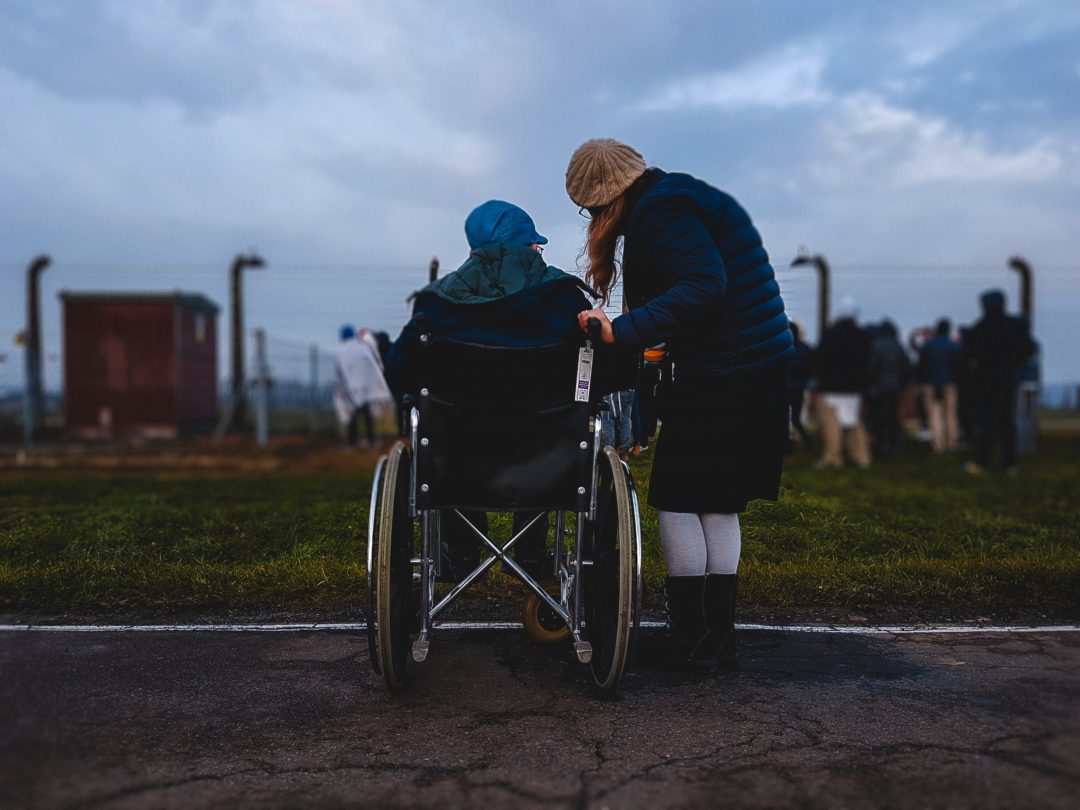If you have considered becoming a caretaker, you may be wondering whether or not you need a license to do so. As it presently stands, the laws regarding caretaker licensing are all over the map, with no cohesive set of standards and requirements.
As an example, if you want to hold a license to care for the elderly in the state of California, you will need to become a CNA (Certified Nursing Assistant) which will allow you to apply for jobs in nursing homes and rehab facilities as well as caring for the elderly in their own homes. Acquiring such a license in California could render you a job and a higher salary—California expects a nursing shortage which will amount to nearly 50,000 positions this year alone, and many other states are in the same boat.
Caretaker Licensing and Certification
True licensing is generally not required for caretakers who work in the homes of the elderly, however, quite often certification is required. Licensing and certification guides vary widely from state to state, so it’s important that you check your specific state’s requirements. Generally speaking, a certification program for home health aides and caretakers will take from six weeks to three months to complete. In order to become a certified or licensed caretaker in your state, you will need to thoroughly investigate your state’s website regarding such licensing.
Caretaker Training
The certification program will most likely require you to have a minimum of a high school diploma or GED, to be able to read, write and speak English fluently, to be able to follow written or verbal requests, to lift as much as 40 pounds, and to have reliable transportation and a valid driver’s license in your state. You will need to have up-to-date vaccinations and a clean bill of health prior to enrolling in caretaker training.
Many programs will require you to have a criminal background check and to be fingerprinted in order to become a certified caretaker as well. When checking into possible programs, make sure the one you choose is accredited through the Department of Health Services or the Aides and Technicians Certification Section (ATCS). In order to be state-certified, you will need to graduate from an ATCS accredited program. You will complete certified nurse assistant training first, will complete an additional 40 hours or so of study in order to be a home health aide, and will finally be required to pass an exam.
Typical Caretaker Tasks
As a caretaker you will not only be responsible for medical tasks, but will likely also have household chores such as light cooking and cleaning as well as personal care tasks such as bathing, dressing, running errands and taking the elderly person on social outings to visit friends and family, or even to church. Grocery shopping may be a part of the duties of the caretaker and even light yard work. In short, you may find yourself performing a very wide array of duties once you become a caretaker for the elderly.
Caretaker Job Opportunities
As of April, 2011, the average salary for a caretaker of the elderly was approximately $23,000. Keep in mind that this figure varies widely depending on where you live, the company you work for—or whether you are an independent home caretaker—as well as your individual experience. Because the largest demographic group in the U.S.—baby boomers—are heading for retirement, they will require more frequent, specialized medical care as they age, therefore you can expect to continue to see growth in the field of home caregivers and nurses for the elderly.
Caretaker Pros and Cons
Becoming a caretaker can offer an incredibly rewarding future, and should you pursue licensing or certification, you are only ensuring you are more marketable and have a brighter job outlook for the future. The benefits to becoming a caregiver of the elderly include the opportunity to really help people as well as the ability to work for different people in different locations. The downside is known as caregiver burnout, and can occur from the stress which naturally accompanies the job. If you learn early on how to look out for yourself while taking care of another, you will likely be a success in this field.




